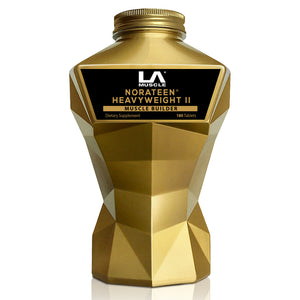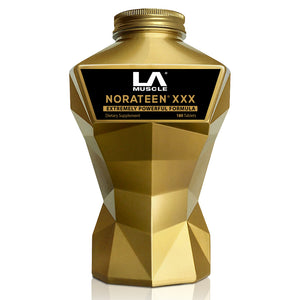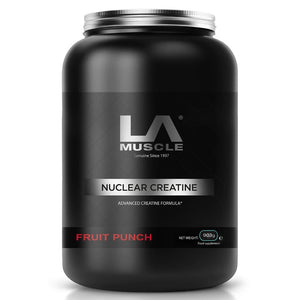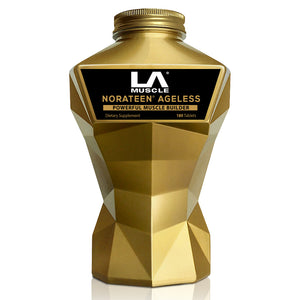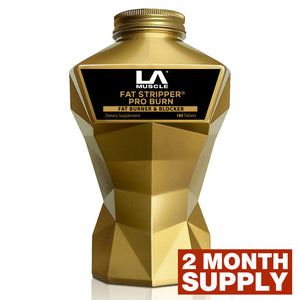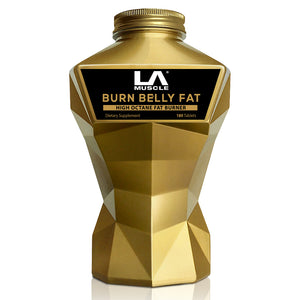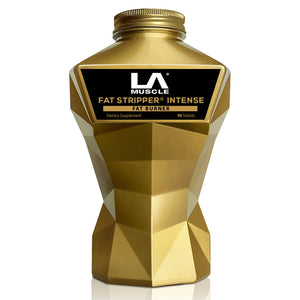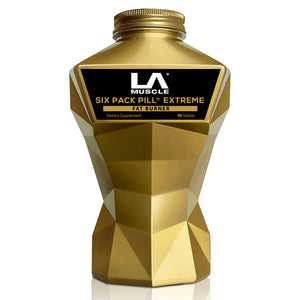
We all know consuming too many calories can lead to weight gain. But what exactly is a calorie? This is a question I've asked dozens of health and fitness professionals over the past few years, and very few of them can actually answer it. I've always been of the opinion it is important to know WHY you're doing WHAT you're doing so if you're cutting back on the calories in a bid to lose body fat, it's good to know HOW this works towards weight loss.
Put simply, a calorie is: The amount of heat required to raise the temperature of a kilogram of water by one-degree celsius. You will notice calorie contents of food are listed on nutritional labels as kcal- this is because in a nutritional context, the term calorie actually refers to the kilogram calorie, or the kilocalorie. So look out for the total kcal content on food packaging.
BUT WHAT IS THE SIGNIFICANCE OF THIS DEFINITION? WHY DOES IT MATTER TO ME?
Put simply, foods are given calorie contents to define their potential to give us energy. If we don't put enough energy into our bodies, we need to source it from somewhere else in order to keep going. Our bodies are clever machines. Unlike a car, which stops moving if it runs out of fuel, our bodies will draw on energy reserves to stay active.
WHERE DO THESE ENERGY RESERVES COME FROM?
As most of us are aware, following a low-calorie diet can help us to lose weight. This is because if we leave our bodies in a calorie deficit, they often draw upon fat reserves in order to survive. There is a simple equation many dieters use to calculate the amount of weight they can lose, and that is:
1 pound of fat = 3,500 calories
It would follow then, that for every 3,500 calories UNDER our required intake we consume, we will lose one pound of body fat. Unfortunately, it's not that simple! There are 3 main food groups, or macronutrients that most of us consume on a daily basis. These are:
1. Carbohydrates – containing 4 calories per gram
2. Protein – containing 4 calories per gram
3. Fat – containing 9 calories per gram
Without going into unnecessary detail, our bodies don't simply choose to draw upon fat for energy in times of deficit. In fact, depriving our bodies can even send us into starvation mode, which encourages us to store more fat in case of a rainy day.
SO IF CALORIE DEPRIVATION ISN'T THE ANSWER TO FAT LOSS, THEN WHY DO CALORIES MATTER AT ALL?
Sadly, whilst calorie restriction won't automatically lead to fat loss, consuming more calories than our bodies need for energy will almost certainly lead to weight gain. If there was a simple equation we could follow in order to get our bodies in perfect shape, we'd all be walking round with Baywatch bodies. However, we can certainly guarantee successful fat loss if we pay attention to the following.
DANNIFIT RULES:
1. EAT MORE PROTEIN
Protein is the food group needed to build lean muscle. Muscle uses more calories that fat to survive. Lean muscle burns fat for energy. And not only that, protein contains a hormone called glucagon that helps with the fat burning process. Our bodies don't store protein as we do carbohydrates and fats, so they either need to convert them into other energy sources (such a glucose) or excrete them in our urine. This requires energy, or calories. What a bonus!
I RECOMMEND CONSUMING AT LEAST 1 GRAM OF PROTEIN FOR EVERY POUND OF BODY WEIGHT PER DAY.
2. DON'T CUT CARBS COMPLETELY
Low-carb and no-carb diets have been all the rage in recent years, but contrary to popular belief, they are not the answer to sustained fat loss. Not only are there endless nasty side effects that can accompany carb-free diets, but our brains alone need an estimated 500 calories carbs per day to survive, and their first choice of energy is...carbs! Choose LOW GI carbohydrate foods such as wholegrains, lentils and pulses and dark green fibrous veg. Banish white carbs and processed foods from your cupboards.
3. DITCH THE SUGAR!
The golden key to fat loss is hidden in that evil biscuit tin. Once you find it, hold onto it, because sugary foods will make you fat and stop you losing fat! But sugar isn't always that easy to avoid so print out my SUGAR ALPHABET and stick it on your fridge before letting anything in! Food manufacturers use all sorts of tricks to disguise sugar in their products. These all mean sugar, but some are not so obvious!
THE SUGAR ALPHABET
Barley malt, Cane sugar, Concentrated fruit juice, Corn fructose, Corn sweetener, Corn syrup, Demerara sugar, Dextrin, Dextrose, Diatase, Fructose, Galactose, Glucose, Grape sugar, Hydrolysed starch, Maltodextrin, Maltose, Manitol, Malt syrup, Maple syrup, Polydextrose, Sorbitol, Sucrose



